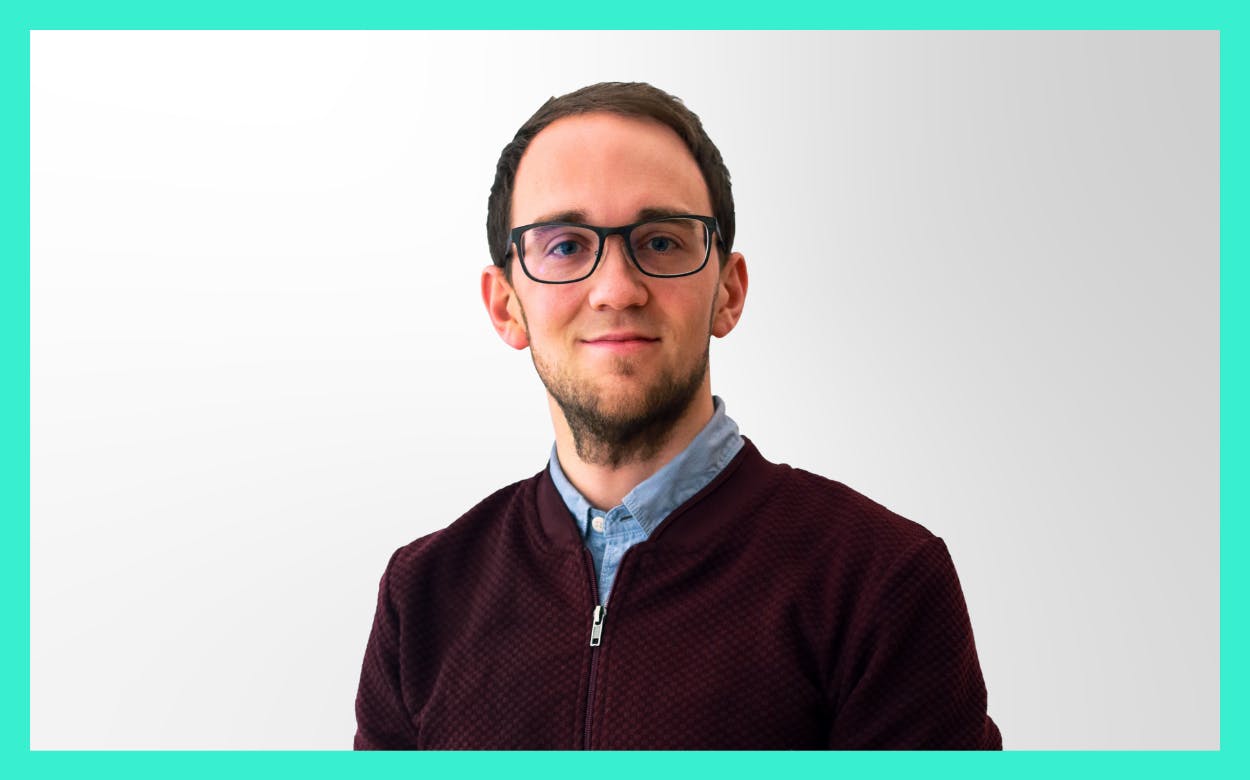Markus Müller (Co-Founder, Flinn Comply)
Markus Müller is an entrepreneur in several fields. After establishing and selling an innovative, high-end restaurant, he continued his path by creating a board game that sold 50,000 units before its official release. He also created a product that redefined the industry standards of banking with N26 and is currently building a tech platform with tools to enable a scooter sharing company to launch in 40 cities within one year. He is also the cofounder of the MedTech startup Flinn Comply.
Flynn Comply is driven to impact the health of millions of people across the globe by enabling medical companies to launch and operate products more efficiently. To make this vision come true, they established a customer-centric, experimentation-driven product development approach. With the help of quality management software for regulatory affairs, they help customers—mostly medium-sized companies in Europe—better meet the difficult MDR requirements.

Can you explain your job to a five-year-old?
I’m bringing people together and making sure we have money. With these people and with this money, I develop tools on the computer to help people make others healthy.
What excites you most about your job?
As an entrepreneur, I have a lot of responsibility. I can use this responsibility to create great places to work. I love it when people enjoy their work because so many people are unhappy at work. Designing jobs that fulfill people in their lives is what I’m excited about. I also enjoy shaping and creating things that have an impact by solving problems. I love to solve tricky problems around people’s health of people. Finally, I enjoy being independent. I don’t owe anything to anyone; I’m my own boss, and that’s what’s great about my job.
Which trend will change the future of medicine?
We are at the very beginning of AI and software enabling us to create and test medical products. I’m excited to see where all of this is going. I’m also really confident in everything that is happening in the space of bioengineering and biohacking. Measuring more things that happen in our body and learning to understand them better is necessary for improving individuals’ medical help.
Looking back, which trends have you missed or underestimated?
I absolutely wasn’t aware of how powerful AI could be until I really started in the field. I think it’s still in the beginning stages, so I would not say I wasn’t aware of this trend. We always see the cyber-fantasies of putting chips into humans, and that might come at some point. But in my opinion, there’s a very fascinating space in between where we can use the machine power of processing and the power of AI over the limited capacity of humans.
Which MedTech initiative or startup deserves more attention?
Medical startups that develop systems to automatically test medicine on a simulated human body. For example, certain medical products are very complex and take a long time to test when you need to run a medical study. It’s very hard to find a diverse set of people to test, so testing is super long and expensive. That’s why simulating humans—through AI, for example—and then testing a new product on a digital copy of the body is just spectacular. A couple of startups are working on this, but it is a very, very complex thing. It takes a long time to actually get returns, so we have to pay way more attention here.
Where would you put a million dollars?
As an investor, I would want to support and invest in cool startups and good founders to drive innovation and make an impact on big problems. If I, personally, have a million dollars to maximize on impact, I would probably invest in the education space, which is also very close to me. I think the education space lacks a lot of investment. Even though it’s very difficult to build a business in this space, we need more investments. These can range from building schools and improving the school system all the way to thinking about how we can help people become better educated in developing countries. I would put a million dollars toward this mission.
What's the best advice you've ever received?
I’m uncertain if it’s the best advice I’ve ever gotten, but it’s definitely the best related to leadership. My former boss explained that if you can step in front of a group and take responsibility for a mistake you made, that will really build strong trust. Because other people then see that it’s okay to be wrong. Dealing with failure is essential to innovating, essential to experimenting, and essential to driving products further. It’s also important for the psychological safety of your team. That advice was really valuable for me.